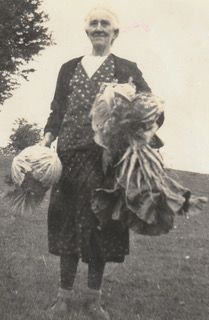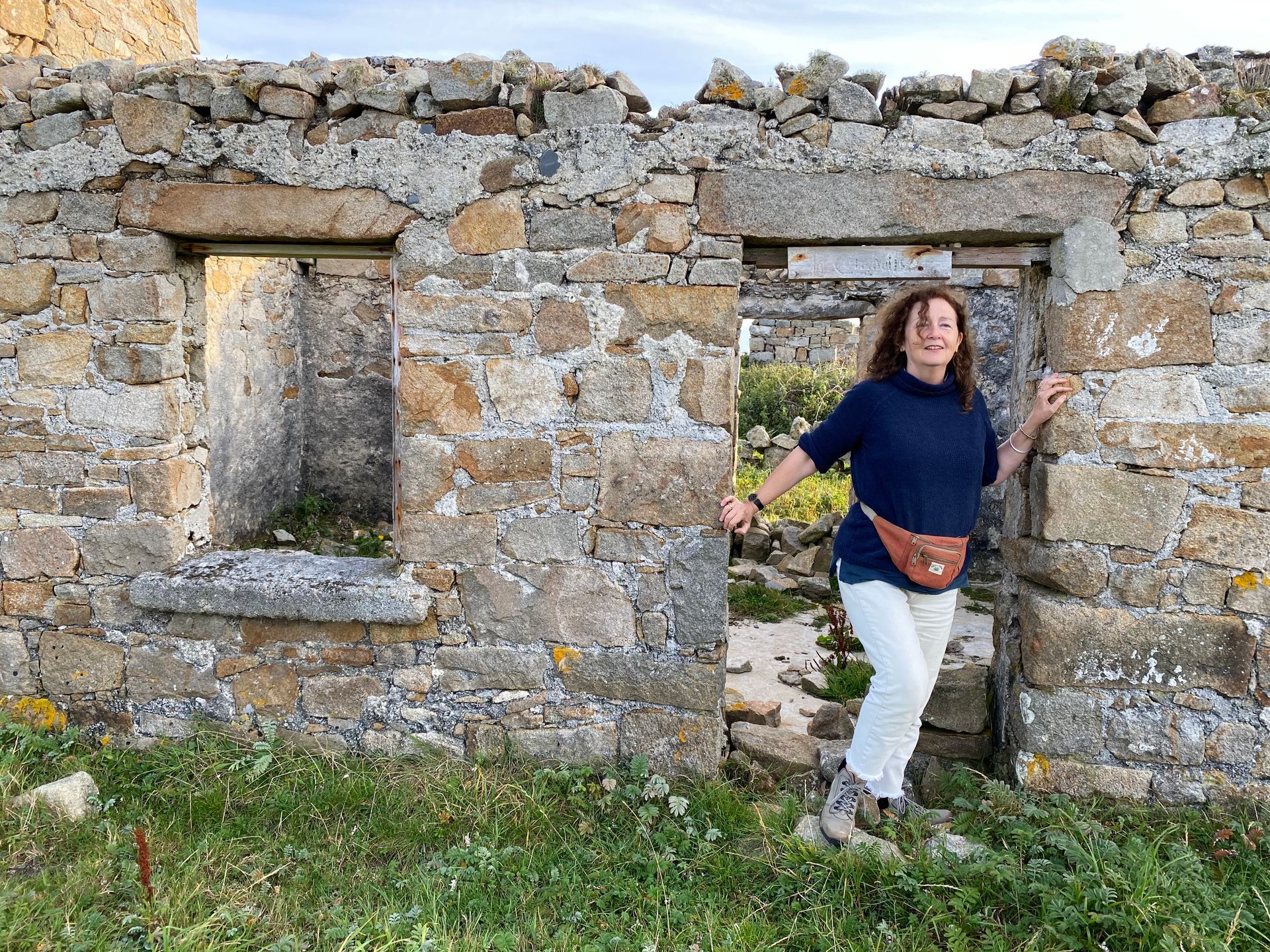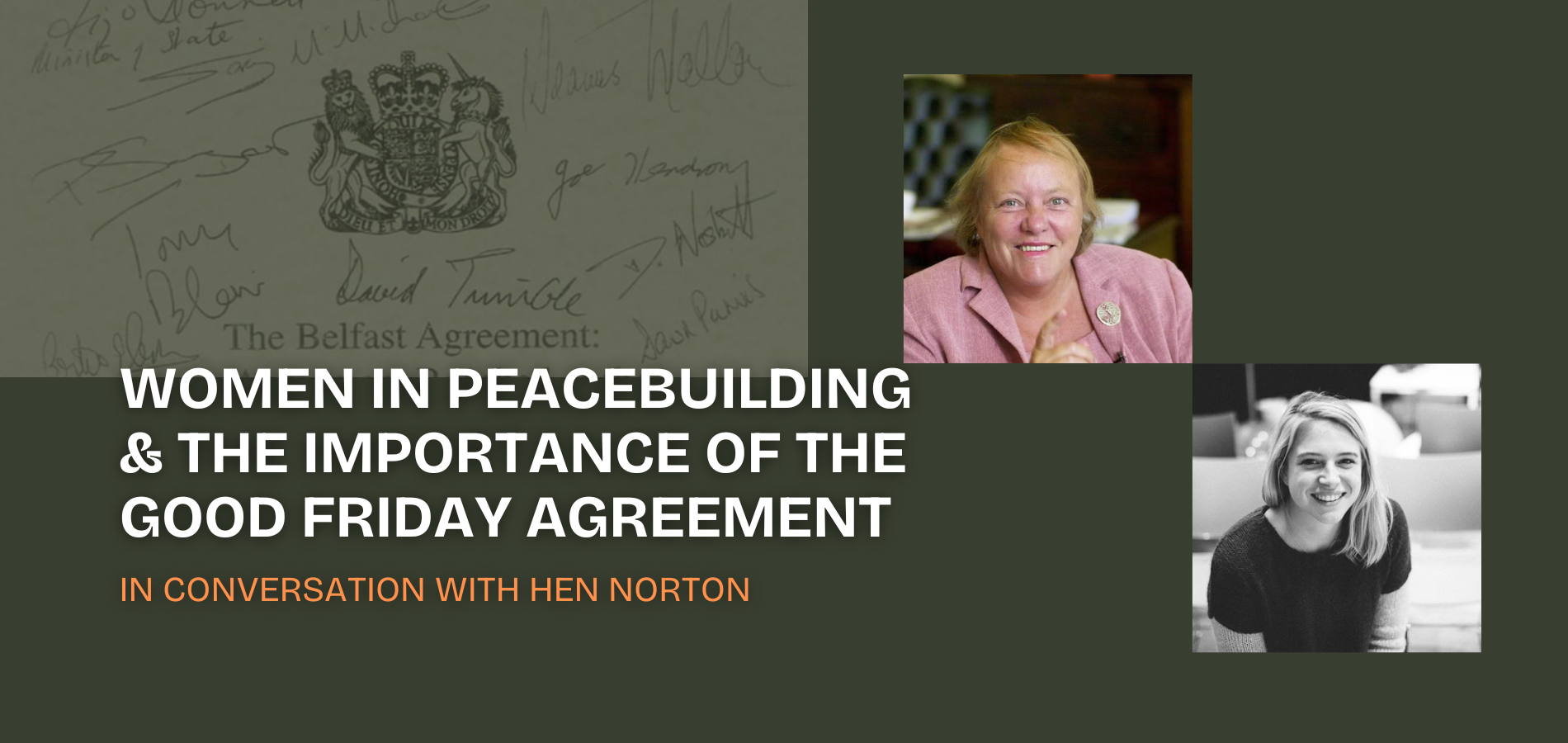My paternal Grandmother, dated c. 1950/60's
With temptations like Cheltenham, Glastonbury and, closer to home, the Galway Races and All Tomorrow’s Parties studding the calendar, Irish people nowadays have no end of choices via which to recharge their batteries.
The holiday options facing the huge diaspora of ‘poor paddies’ who left Ireland to seek their fortunes in the Luftwaffe-ravaged industrial heartlands of post-WW2 England was somewhat sparser. They could either like their home city’s one-size-fits-all two-week holiday fortnight or lump it.
Like thousands of other Irish emigrants of that era, my Mum and Dad settled on Coventry as the repository for their future dreams. A once-beautiful medieval city rich with half-timbered buildings (a few of them still standing) Cov was, like Hull, Liverpool and Dresden, amongst the most heavily bombed cities of WW2. Killing 568 people and obliterating 4,300 homes, the November 1940 blitz here proved so devastating, a new word “coventrated” (literally “to bomb flat”) was coined.
While the dates of local workers’ 14-day annual escapes from their toils were carved in stone, the city’s employers’ setting of dates was rather more fluid. So one Friday July or August from the mid-50s onwards, my Mum, Dad, sister Mary and I would man-, woman- and child-handle heavy suitcases to Coventry Station for the ‘boat train’ to Holyhead.
When the youthful me finally become alert to my surroundings on these trips, the penny finally dropped that, far from effortlessly navigating both land and water, such trains were simply moribund pre-war rolling stock. Nostril-deep with noxious, tar-laden cigarette smoke, their corridors and passenger compartments should have been slapped with government health warnings. Murder British Rail trains back then might have been, the Orient Express they most certainly were not.
Rail services on what my Mum called “our” side of the Irish Sea were much, much cleaner, comfier and less crowded – they still are all these years later. Alarmingly, despite CIE having whisked us painlessly to the homes of my first set of Irish aunties and uncles, an even more dramatic discovery lay in wait. Brought up to believe my parents never walked to school in less than sub-arctic conditions, I twigged that Ireland’s climate was exactly the same as that in grey, rainy England.
Happily, coming “home” (another of my Mum’s words) was not without its compensations. An endless parade of plates laden down with Kimberly biscuits accompanied by bottle-after-bottle of diabetes-inducing fizzy minerals at every home you were welcomed into was one. Elderly relatives’ habit of discreetly squeezing silver coins and, if you were very, very lucky, a crumpled ten-bob note into your tiny sugar-sticky mitts was another. And while your folks relentlessly drummed it into your young brain that you were always to decline such offerings, those pesky old timers just wouldn’t take no for an answer.
The first of our two precious weeks were spent with Mum’s family at Corramore near Athlone’s Hodson Bay Hotel. With just one cousin of my age to play with and only an endless expanse of fields to play in, my time there was tedium incarnate. Marking off the days like a death row inmate, I couldn’t wait until taximan Fred Flanagan’s ginormous Ford Zephyr came to take us to my Uncle Jimmy’s farm at Mount Plunkett about 10 miles outside Roscommon.
While kids nowadays would be horrified if asked to stay somewhere lacking satellite TV or WiFi, my Dad’s boyhood home was devoid of not only electricity, but also a bathroom, toilet and running water. Its total absence of such creature comforts merely made me love it all the more. Further adding to Mount Plunkett’s allure was my Uncle’s dog, Brownie, an amazing Irish Water Spaniel who was to be this boy’s best friend throughout every one of those magical childhood summers.
Irish food was a hit and miss affair. Days usually began with a breakfast of succulent eels. Freshly caught in the Shannon by Jimmy and his fellow fisherman, Paddy Kelly, their flesh was then grilled to perfection over a turf fire by my grandmother. Lunch/Dinner invariably consisted of boiled bacon, cabbage and spuds – an unholy trinity of tastes I still find hard to swallow all these years later.
Suitably fed and watered, Brownie and I would spend hours exploring the banks of the Shannon before dropping into various neighbours for a mid-afternoon top-up of Roscommon’s dentally detrimental double whammy. In those days, Mount Plunkett was home to an extraordinary array of eccentric one-offs whose homes your folks would be happy for you to visit without worrying whether you’d be found chained up in a cellar several months or years later.
When the time came for Dad and Mum to return to work, they practically had to drag me kicking and screaming aboard the train to Dublin, Dun Laoghaire and the dreaded boat home. Many times, we brought packs of Kimberley biscuits back to Coventry with us. While apparently identical to the brown and white feasts that fuelled so many of my and Brownie’s adventures, those shop-bought Kimbos somehow never did taste anywhere near as sweet.
John Fuery







